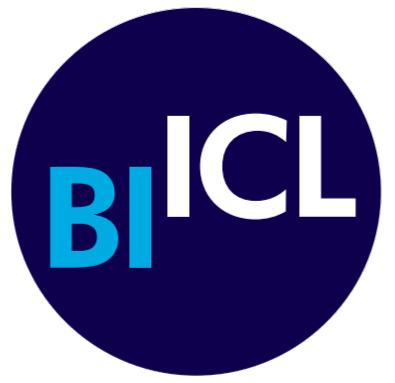Cookies
What are cookies?
Cookies are small pieces of information that are stored on your hard drive to allow the British Institute of International and Comparative Law to recognise you when you visit. They can remember your preferences by gathering and storing information. They do not identify you as an individual user, just the computer used. Cookies cannot be used to run programs or create viruses on your computer. Cookies do not give the British Institute of International and Comparative Law access to your computer.
What types of essential cookies does BIICL use?
We may use cookies to store information about your membership on our site, or to enable you to log in to online resources. This might include registering for our events, making online purchases or accessing member-only content. The information is stored, as cookies, to enable you to use these resources, and to remember your log in details between sessions. If you clear your cookies, you may need to login to these parts of the website each time you visit.
We also use some third party cookies to help us improve your user experience.
If you don't want to receive cookies.
If you would prefer not to receive cookies while browsing our site, you can set your browser so that it will not download cookies onto your computer. Doing so will still allow you to navigate through the majority of our site but possibly not all of it. If you wish to access the password protected areas of our website you will need to allow "per-session" cookies. These are temporarily used while you are visiting the site but deleted when you close your browser or log out.
